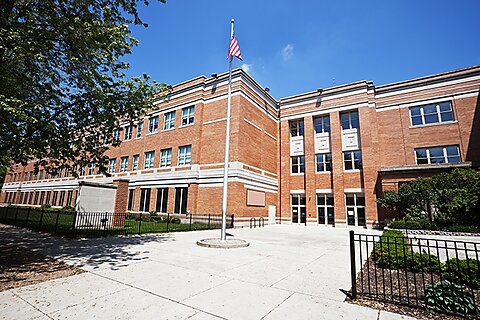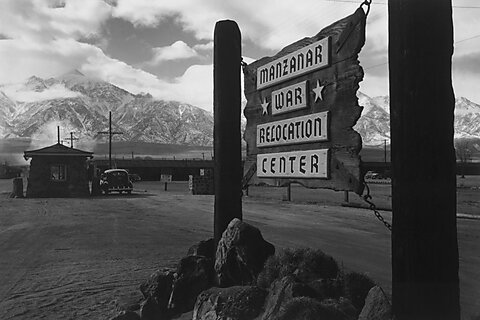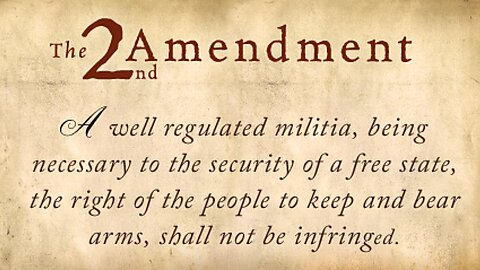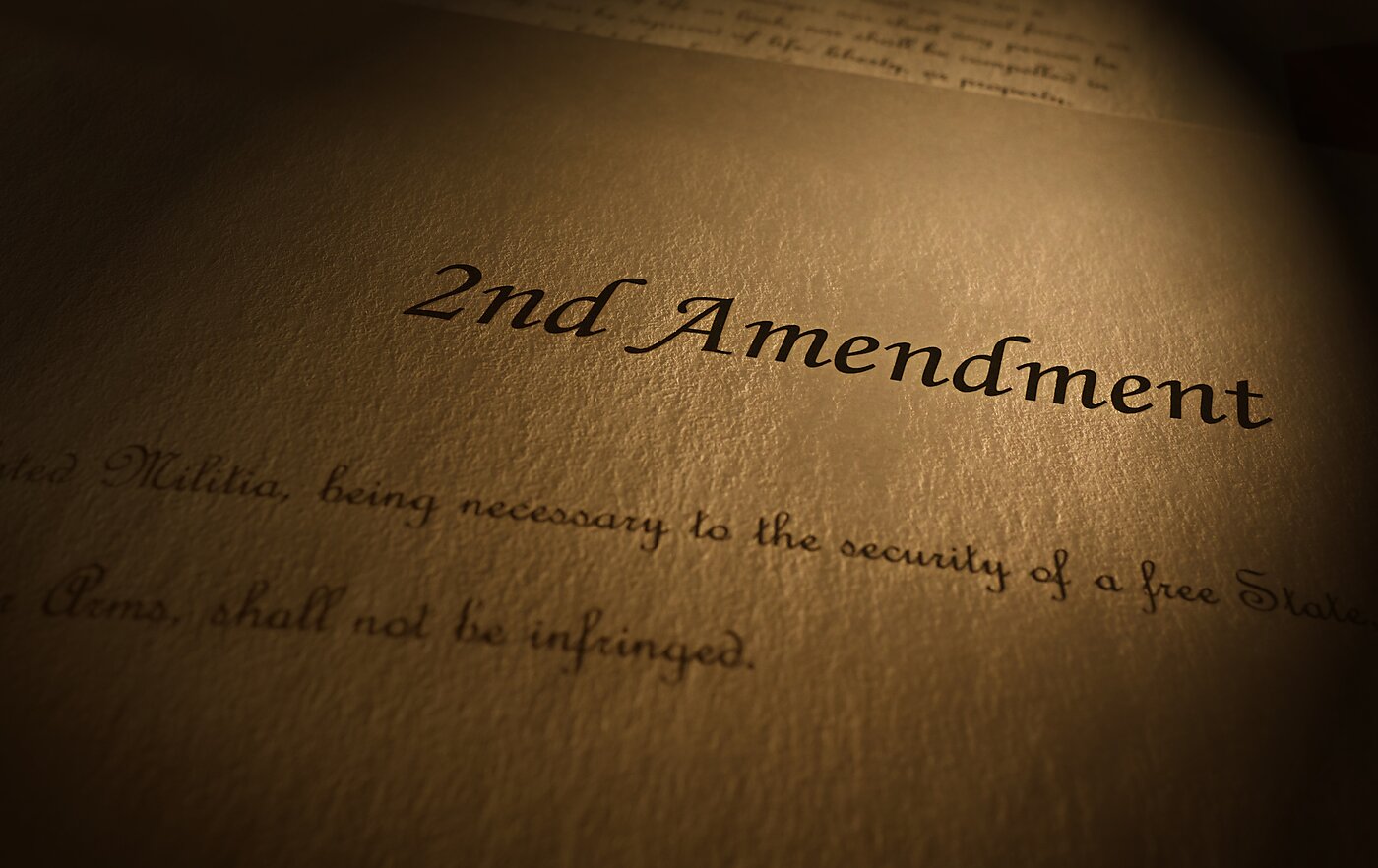One of the oldest and most basic rights guaranteed by the Constitution is the right of American citizens to travel from one state into another. The Supreme Court has repeatedly held that states are forbidden from interfering with this right by treating nonresidents and new arrivals less favorably than their own citizens. But Massachusetts forbids nonresidents from carrying a firearm for self-defense on pain of a felony conviction and a minimum of eighteen months in prison—even though the Constitution protects the right of all Americans to carry arms outside the home for self-defense.
Philip Marquis is a resident of New Hampshire, where he is legally permitted to possess firearms. Mr. Marquis drove into Massachusetts, where he was involved in a motor vehicle accident. He never used a firearm within Massachusetts’ borders. Rather, following the accident, he informed state troopers that he possessed an unloaded firearm. Nonetheless, the Massachusetts authorities prosecuted him for being in possession of a gun without a Massachusetts license.
Under Massachusetts law, nonresidents can be issued a license to carry a gun only if they pass a state police colonel’s open-ended “unsuitability” determination—even though the Supreme Court has held that the right to bear arms for the purpose of armed self-defense is the “central component” of the Second Amendment and that this includes the right to bear arms outside the home. Accordingly, the trial judge dismissed the charge against Marquis, finding that it violates the Second Amendment. The Commonwealth appealed the case to the Massachusetts Supreme Judicial Court.
The Cato Institute filed an amicus brief with that court, urging it to affirm the dismissal. Unfortunately, it reversed, holding that the nonresident licensing scheme is constitutional. Marquis now asks the US Supreme Court to review his case, and the Cato Institute has filed another amicus brief in support of his petition. First, the brief explains that the Constitution protects the right of Americans to engage in interstate travel without interference by the states. The Court’s failure to fully uphold that right tragically helped to entrench the abuses of Jim Crow, whereas judicial protection of the right helped the Civil Rights Movement bring an end to that oppressive system. Second, the right to armed self-defense is a privilege of American citizenship that the Fourteenth Amendment was intended to secure for all Americans. Finally, even today, interstate travel can be dangerous, and the need for self-defense outside the home is great.







